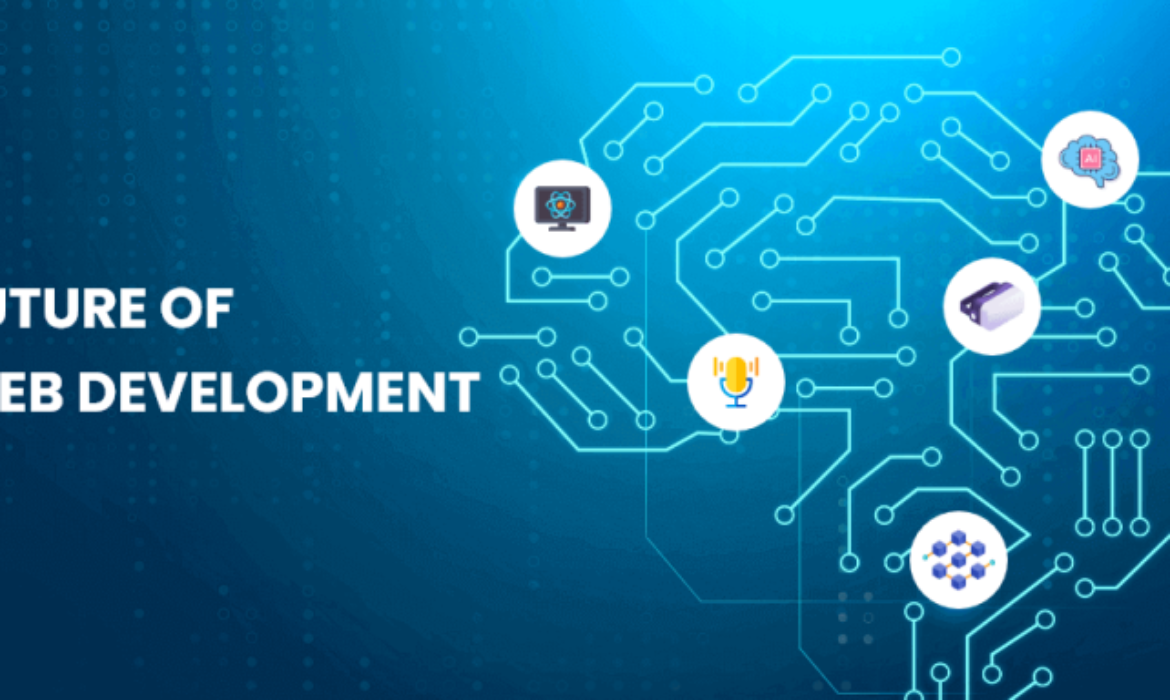As technology continues to evolve at a rapid pace, the landscape of web development is also undergoing significant transformations. In 2024, we anticipate several emerging trends that will shape the future of web development. From advancements in artificial intelligence (AI) to the rise of immersive experiences, let’s explore the key trends to watch in the year ahead.
1. AI-Powered Development
Artificial intelligence is poised to revolutionize the way websites and applications are developed. In 2024, we expect to see the widespread adoption of AI-powered development tools that automate repetitive tasks, streamline workflows, and enhance overall efficiency. From generating code snippets to optimizing user interfaces, AI algorithms will play a crucial role in accelerating the development process and improving the quality of digital products.
2. Voice-First Interfaces
With the growing popularity of voice-enabled devices such as smart speakers and virtual assistants, the demand for voice-first interfaces is on the rise. In 2024, web developers will increasingly focus on creating seamless voice experiences that enable users to interact with websites and applications using natural language commands. Integrating voice recognition technology and designing intuitive conversational interfaces will be essential for delivering engaging user experiences in the era of voice computing.
3. Progressive Web Apps (PWAs)
Progressive web apps (PWAs) have gained momentum in recent years, offering a compelling alternative to traditional native applications. In 2024, we anticipate a continued shift towards PWAs, driven by their ability to deliver fast, reliable, and engaging experiences across various devices and platforms. With advancements in web technologies such as service workers and web app manifests, PWAs will become increasingly powerful, blurring the lines between web and native applications.
4. Augmented Reality (AR) and Virtual Reality (VR)
Augmented reality and virtual reality technologies are transforming how we interact with digital content, opening up new possibilities for immersive experiences on the web. In 2024, web developers will explore innovative ways to integrate AR and VR elements into websites and applications, allowing users to engage with virtual objects and environments seamlessly. Whether it’s immersive product demonstrations, interactive storytelling, or virtual tours, AR and VR will enrich the web with captivating experiences.
5. Blockchain Integration
Blockchain technology has the potential to disrupt various industries, including web development. In 2024, we anticipate increased experimentation with blockchain integration in web applications, particularly in areas such as decentralized identity, digital asset management, and secure transactions. By leveraging blockchain protocols and smart contracts, developers can create more transparent, secure, and decentralized web experiences, empowering users with greater control over their data and digital assets.
6. Low-Code/No-Code Development
The democratization of web development is gaining momentum with the rise of low-code and no-code development platforms. In 2024, these platforms will continue to evolve, enabling users with limited coding experience to build sophisticated websites and applications quickly. By providing intuitive visual interfaces and pre-built components, low-code/no-code tools will empower a broader audience to participate in the creation of digital solutions, fueling innovation and creativity in the web development community.
Conclusion
The future of web development in 2024 promises to be exciting and dynamic, driven by advancements in AI, voice interfaces, progressive web apps, AR/VR technologies, blockchain integration, and low-code/no-code development platforms. As developers embrace these trends and technologies, they will unlock new possibilities for creating immersive, personalized, and impactful web experiences. By staying abreast of these emerging trends and adapting to the evolving landscape, web developers can position themselves for success in the digital age.




